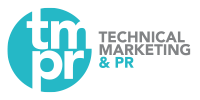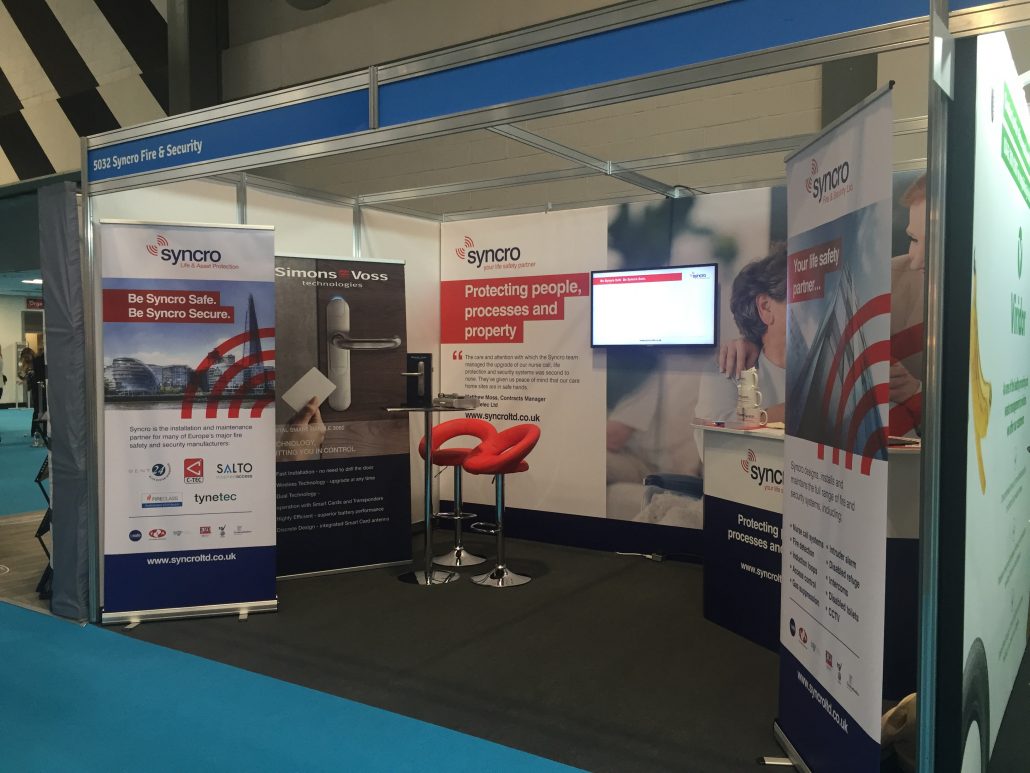The relationship between the media and PR teams is one that is somewhat interdependent. The media need PR practitioners and PR practitioners need the media. With increasing pressure placed on journalists to increase their content output whilst resources are being squeezed, journalists are relying on press releases and stories to come to them like never before. Yes, this is likely to work in the favour of PR and marketing teams in the process of pitching stories, but it’s by no means grounds to be complacent about your media relationships. If anything, you need to strengthen your position in an industry where journalists’ mailboxes are being bombarded with content. That said, it’s also important that you act responsibly and professionally in your dealings with the media.

Pitching to your media is all about developing strong relationships and is a key part of any successful PR strategy. Here are some of our best tips for pitching to your target press:
Before sending a press release, ensure that your content is relevant for a specific publication by checking what stories/ topics they cover. Make sure you have specific media lists and that these are regularly checked and updated. It’s far too easy to find a media contacts list online and ping them all a press release. This can be potentially damaging as you risk agitating journalists if you’re sending them irrelevant content. Your decision to target publications needs to be smart and calculated.
- Find out the journalist’s preferences
Every journalist is unique and has preferred methods of communication. Some journalists like to discuss potential stories over the phone, others prefer content to be pitched to them via email. It’s a good idea to try and call the press desk in the first instance for a quick chat, if you have no success getting through, then drop them an email. Don’t be afraid to ask your journalist how they’d like to communicate, it will show them you’re being considerate and will allow you to interface more effectively.
Don’t babble on. Make sure you know exactly what you want to pitch before you contact the journalist. Whether it be by phone or email, keep it short and concise. Journalists have very busy schedules and will lose interest quickly if you don’t get straight to the point. Get all the key details in – the who, what, when, where, and why. Don’t be afraid to explain to the journalist why you think it would make a great story. If you’re passionate about it, then it will seem like a far more attractive pitch.
Send your press release once. If you don’t get a response, then it doesn’t mean the publication isn’t going to run with it. If you really want to see if they’ve picked it up, add a read receipt, or if this isn’t successful then give them a quick call and ask if they’d like any further details or offer an interview. Alternatively, you could call the publication in the first instance, very briefly pitch the story and ask who the best person to send it to would be.
Remember that journalists often have print deadlines to meet, these cannot be changed to wait for your content, so make sure you meet the deadline, or even better send the content ahead of the deadline. If you’re late sending your piece and don’t fulfil your end of the deal, the journalist will lose confidence in you and will be less likely to return to you for content in the future.
- Keep the journalist updated
Keep the journalist updated with any developments to ensure that they know you’re proactively working with them. If they contact you, then you need to respond as soon as possible. If you leave them hanging, they may think you’re no longer interested and give the space to someone else.
Have the relevant content prepared so you’re ready to provide the journalist with whatever they need, quickly and efficiently. Often journalists will require a strong image, so have this ready to send or even better send it with the press release. If you can provide your journalist with a fully packaged piece, then they will be far more likely to pick it up.
- Safeguard your relationships
Work to develop your relationships with publications on a general basis but also the journalists on an individual level. To have a named contact makes your job far easier as you’ll have a captive audience. Equally don’t abuse the relationship and make sure you’re working professionally with each other’s goals and objectives in mind.
If you can do all of these things then you’ll be far more successful in pitching to your media, which should result in more high-quality coverage. Find out more in our Guide to Strong Media Relations here.





